Before I’ll take you through beautiful Colombia in the next day or two, I’ll take you through the damage we do to Colombia. Yes, that is you and me as much as Colombians themselves. We produce an enormous amount of rubbish and we just can’t stop.
Let me start with a statement – in many countries, developed or not, we produce an enormous amount of plastics and other rubbish. And not only we don’t pass laws to reduce it, we really don’t discourage it. New Zealand passed the law banning all plastic bags… except this laughable law lists only bags of certain thickness having handles. So when I went to the market the next day after the law went into life literally every single stall has cut off the handles of their tons of stocked plastic bags. Well, they comply now. Yey. But that’s not all. In many places, like where I live, every single week the rubbish truck comes and takes 120-liter bin’s content with it. Every single week, every single house. If you don’t put your bin out on the street you don’t get brownie points, you’re no different to anyone else’s overflowing bin.
So we really don’t think how much rubbish we produce and most importantly how we affect others. And we do. I visited Colombia last year and we travelled to the beautiful, magnificent coast of Baru. The coast is like taken from a postcard and on the top of that, it is neighbouring big birds sanctuary so a visit from macaws is not unexpected. We spent there 3 days but daily there would be hundreds if not thousands of tourists coming by boats from Cartagena just for a day trip and take that precious selfie (you wouldn’t believe how many people take the same “sexy in the waves” photo).
And when those tourists leave, the coast is almost empty with a few locals left and anyone who has accommodation in a few beautiful huts on the coast. It is a time for reflection and time for a lonely walk on the beach. And that is when you really see the scale of tourism. We got a rubbish bag from locals and went for a 30-minute walk on the beach just before it got dark. We got half of that bag full of mostly plastic straws and bottle caps – little plastic elements that were quickly washed back by the sea.
What saddens me, even more, is that a lot of locals are people from small villages, often without education and much knowledge, as much as they thank us for doing what we were doing, none of them helped. I guess mostly because by the morning most of those little plastic elements are gone and they don’t bother them any more. In the end, the sea takes it and either carries for years or throws out on someone else’s beach. Now that might not look to you so terrible so let me show you how this beautiful beach looks in details on this short video.
It is much worse in some places and you’ll see the gallery on the bottom but it is just very sad when you see children drinking from a plastic bottle with a plastic straw and really without a second thought dispensing them on the sand hoping that someone will clean that up. That someone is a sea wave and the rubbish bag is our sea. The sea we all admire for the beautiful look and views.
So what can I do?
Well a lot actually, because it all starts with education. I do very strongly believe that we educated a few locals and children that we passed. All it takes is when you see a plastic element on the beach, just pick it up, it doesn’t bite. Take it to the closest rubbish bin and smile to passers-by. Let them feel that you actually feel awesome about cleaning despite inside you might be boiling with annoyance inside that someone can throw so much rubbish on this beautiful beach.
We can also create programs for schools – in New Zealand, we have school days where the entire schools travel to the beach and clean it up. What’s the better way to teach our children about being clean than asking them to clean up someone else’s mess. What’s the best way of educating adults than through their children? I would love to be able to create a similar program to that in Colombia so if you have any experience, a will or even money to subsidise children travel to the beach – get in touch. I will for sure be able to put you in the right direction and I will myself try to organise at least one school trip in Colombia like this myself. And if I will – I will describe it here.
But wait, there’s more! You can also resist yourself and educate the small businesses in those poor countries. You can go to Colombia, Vietnam or Nigeria or any country that relies on rich tourists and when you’re offered a drink clearly state “I’d like to have it in glass and no plastic straw please”. And even if you are given a plastic straw just take it out and kindly say that you don’t need it. They might throw it away anyway but at least you gave them some indication that maybe in the future it’s worth asking whether the client wants this plastic piece or not. We are very privileged people with abilities to travel the world and we have this opportunity to improve the places where we go while we’re there. So make the most of it and help me clean up our beaches and by “our” I mean beaches of the world.
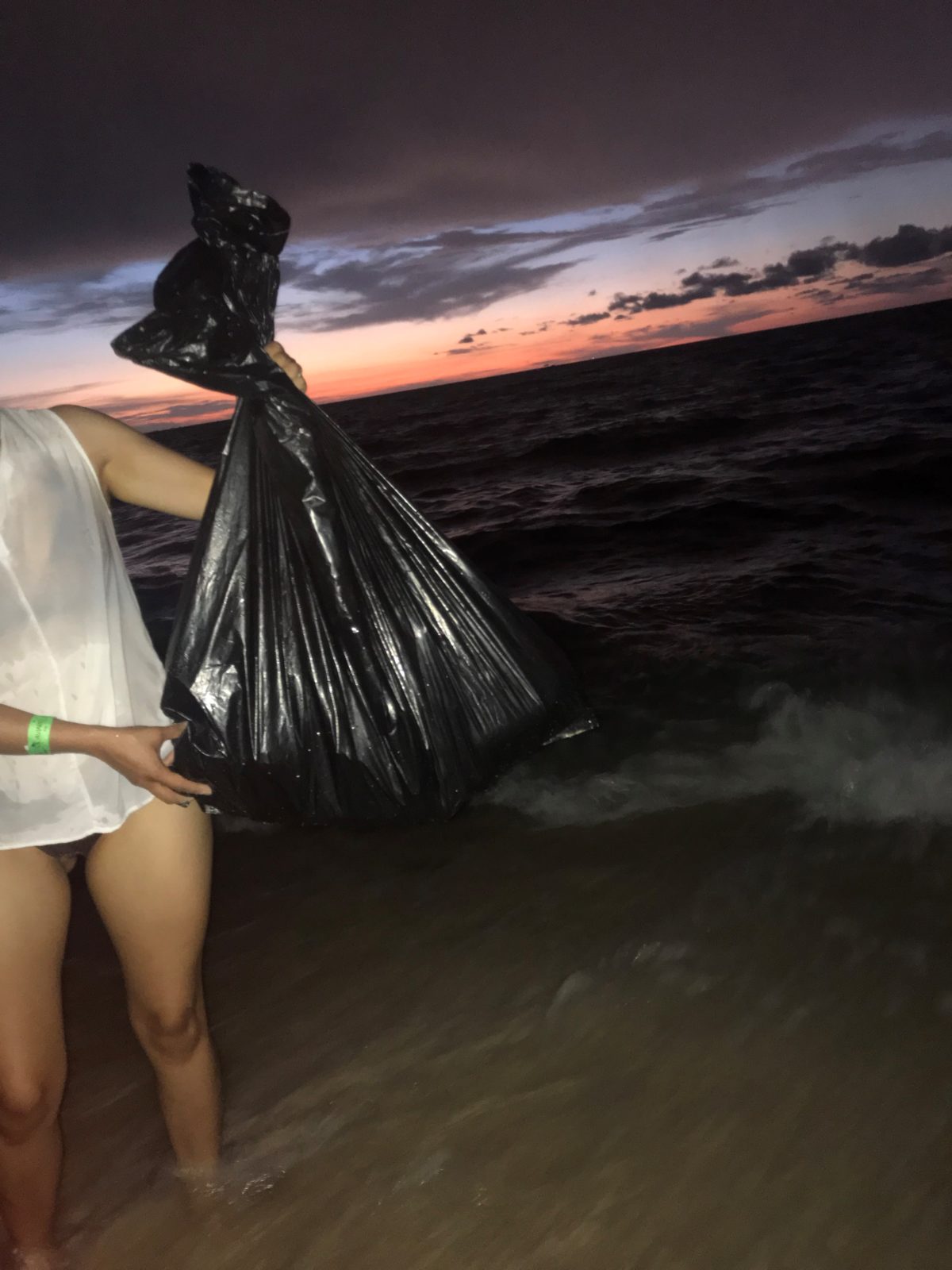
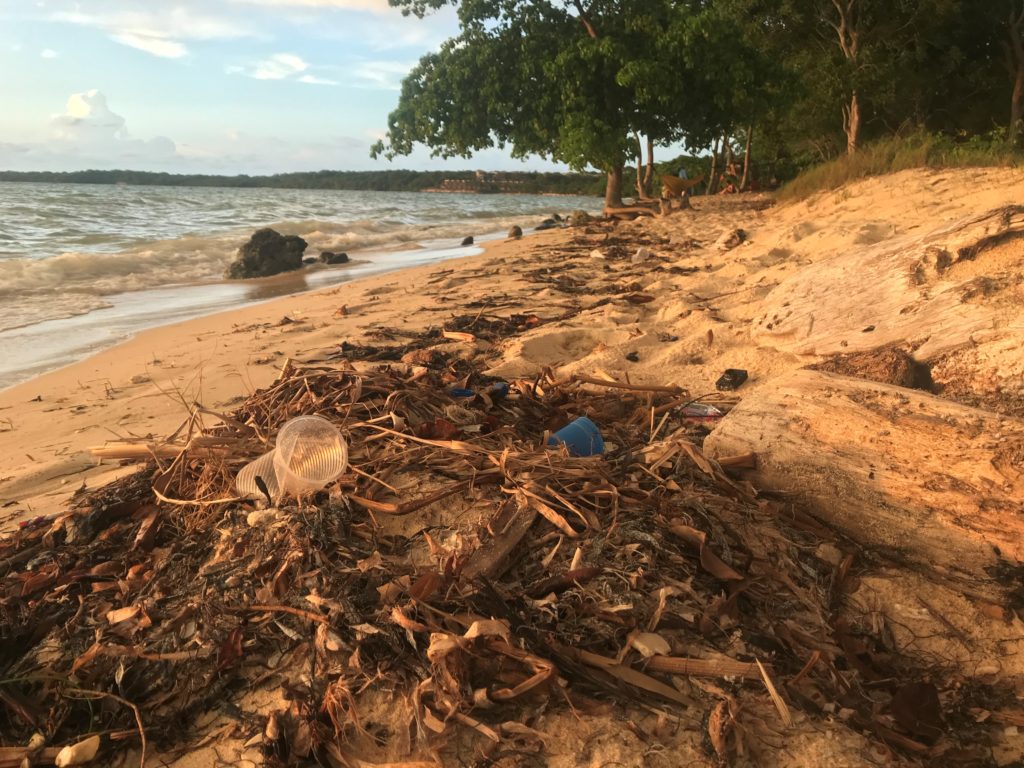
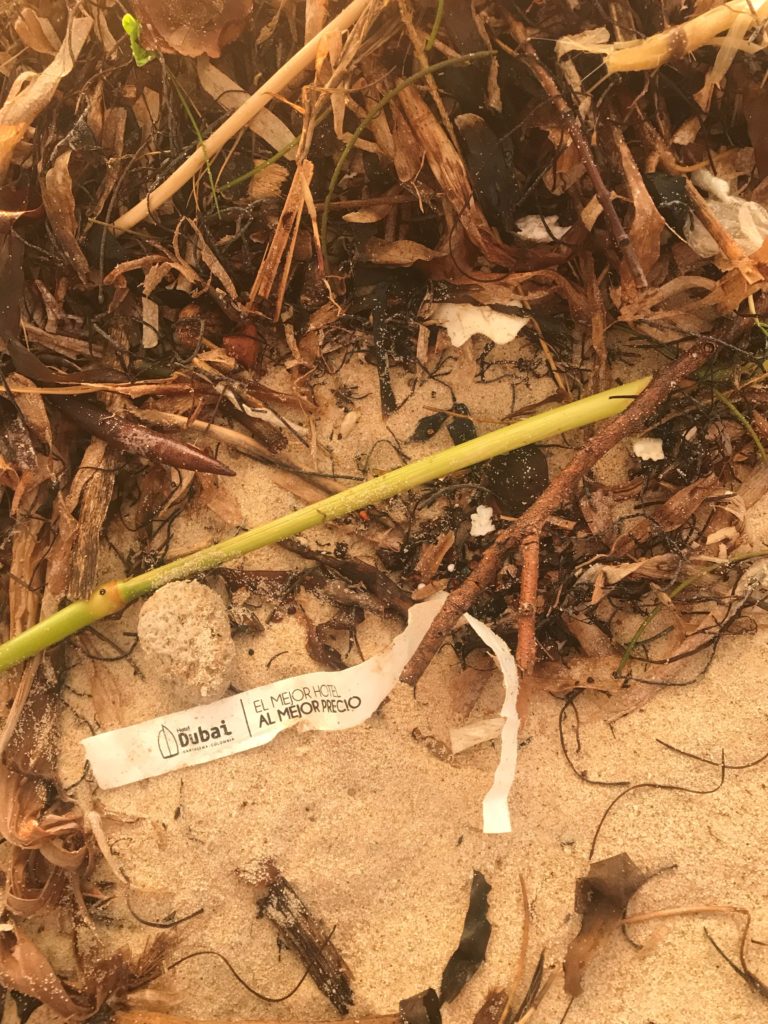
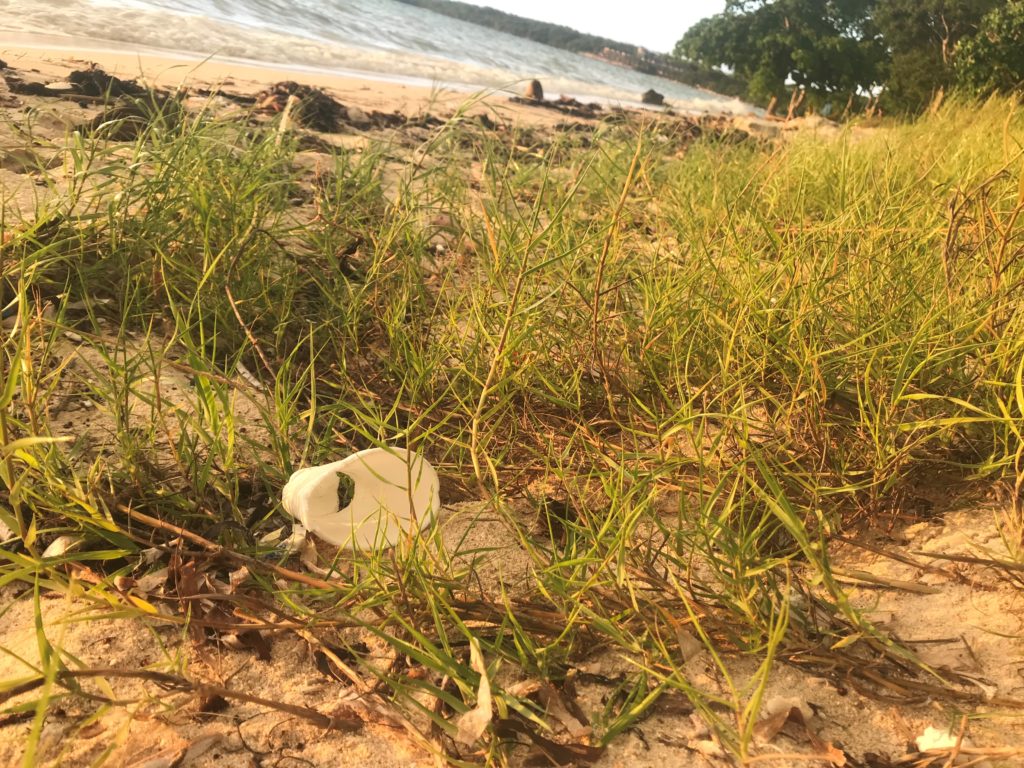
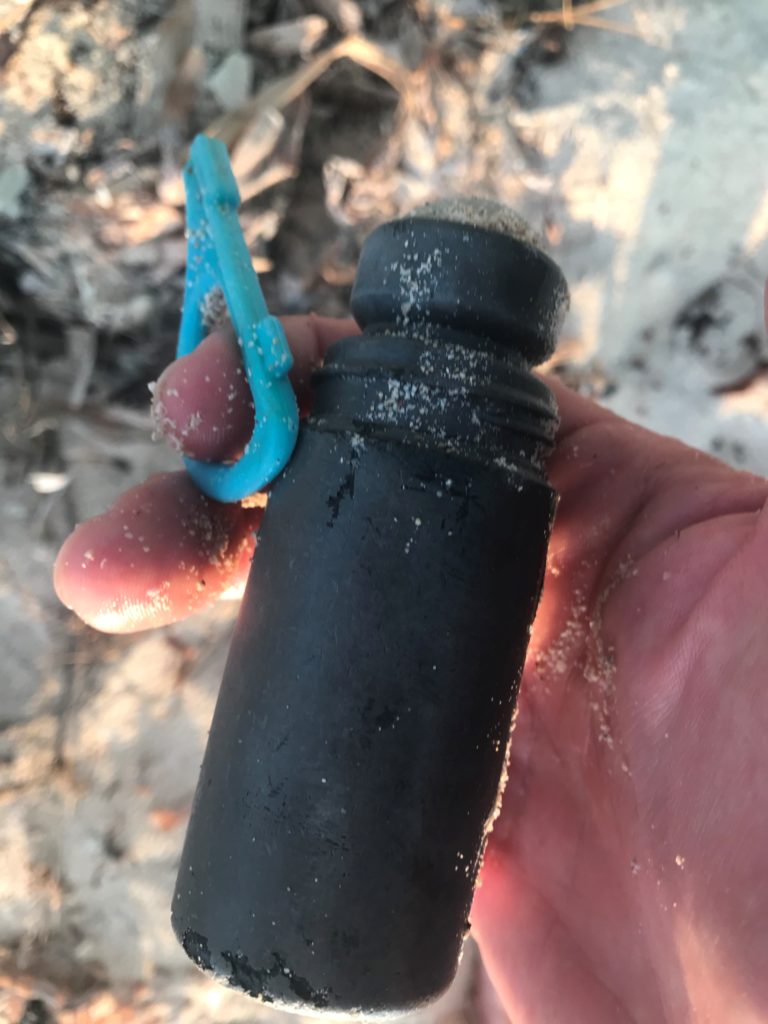
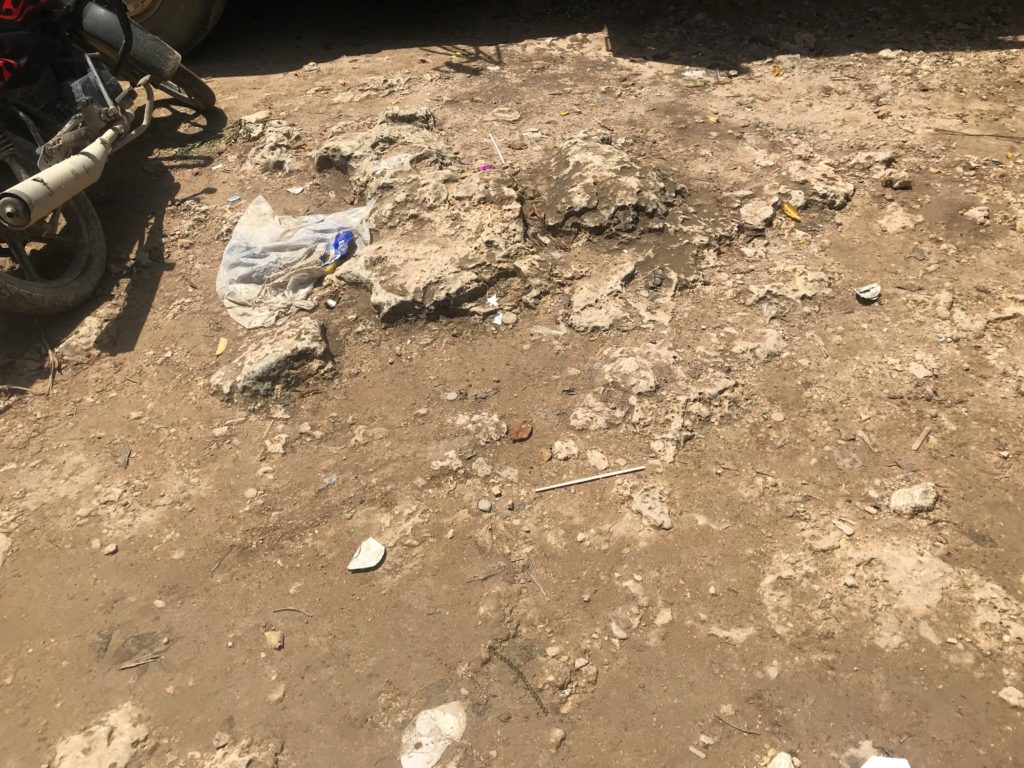
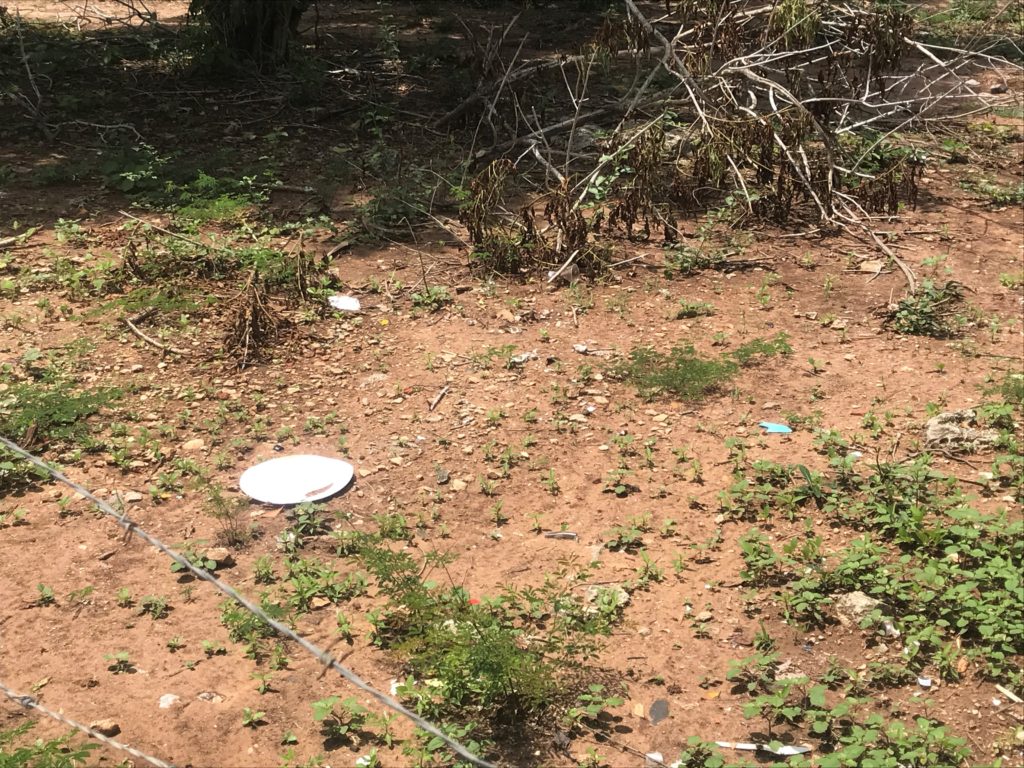
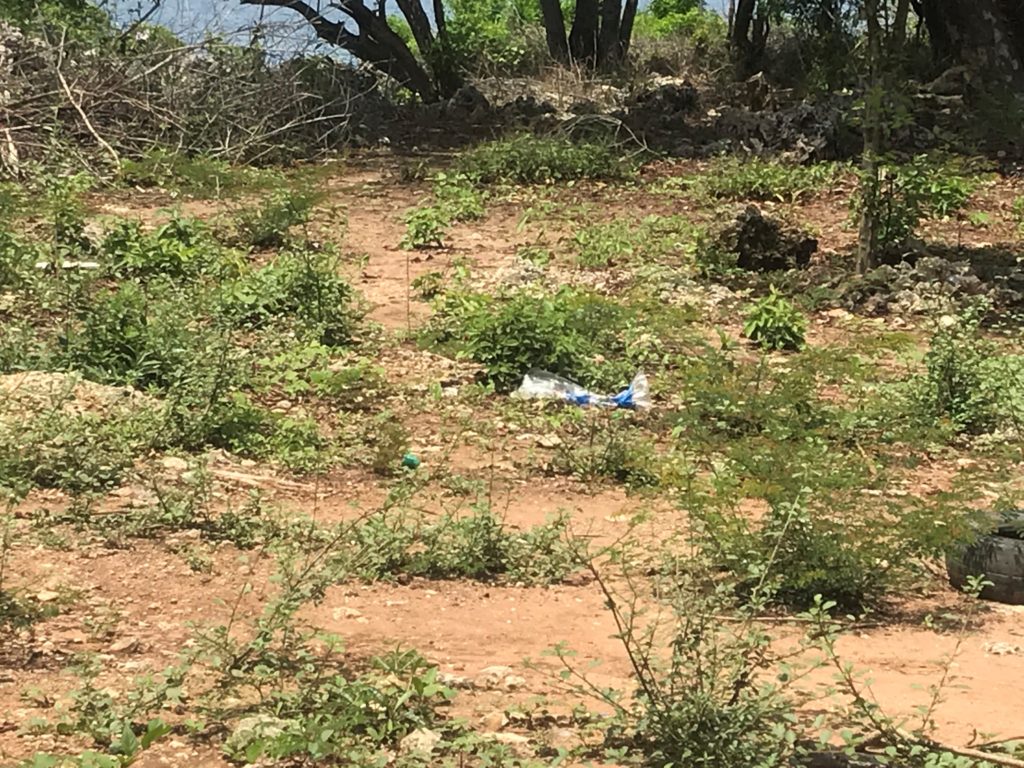
One reply on “Rubbish, rubbish everywhere”
[…] production a few years ago to one 40l rubbish bag per month. I’m sure you remember my post about rubbish on how we affect other countries and ourselves. This one will help you optimising your rubbish bin […]